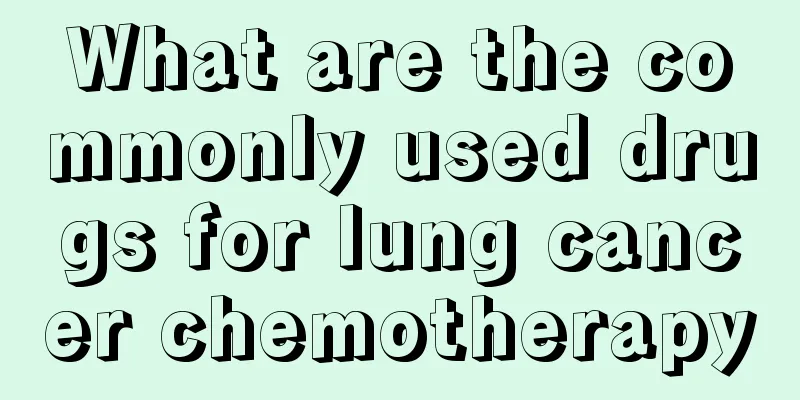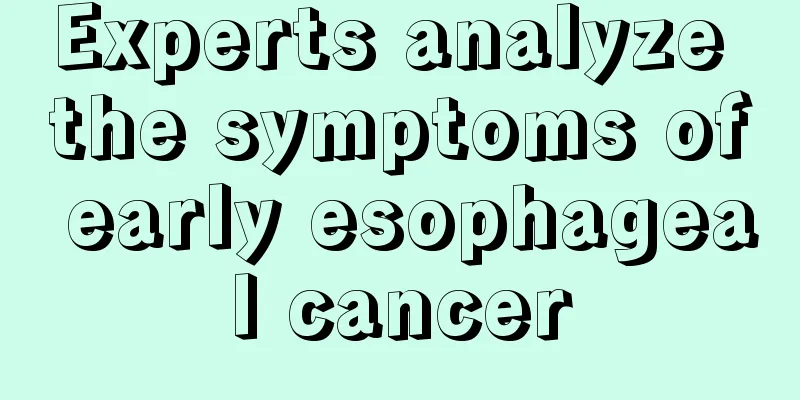What are the commonly used drugs for lung cancer chemotherapy

|
What are the commonly used drugs for lung cancer chemotherapy? Chemotherapy is one of the three main methods for treating lung cancer. Although chemotherapy has relatively large side effects, its position is very stable. Neoadjuvant chemotherapy before surgery can reduce tumor stage and increase surgical resection rate, and can improve the long-term survival rate of patients with stage III NSCLC. Platinum has always been in a dominant position in chemotherapy, and platinum combined with new chemotherapy drugs is currently the first choice for the treatment of advanced NSCLC. These new chemotherapy drugs include gemcitabine, vinorelbine, paclitaxel, and GP, NP, and PC regimens. According to literature reports, these chemotherapy regimens are more effective than the traditional commonly used regimens CAP and EP, and can be used as first-line chemotherapy regimens for the treatment of advanced non-small cell lung cancer. 1. Gemcitabine is cell cycle specific and is an antimetabolite anticancer drug that mainly acts on the DNA synthesis phase (S phase). Under certain conditions, it can prevent the progression of the G1 phase to the S phase. Its cytotoxic effect in vitro is dose- and time-dependent. 2. The mechanism of vinorelbine is to block the polymerization of tubulin to form microtubules and induce microtubule depolymerization, so that cell growth stops at the metaphase of mitosis. 3. Paclitaxel interferes with the division process of the microtubule system and prevents tumor cell mitosis. For locally advanced or metastatic NSCLC that progresses after first-line platinum-containing chemotherapy and has a suitable behavioral status, docetaxel is recommended as a second-line treatment; 4. Gefitinib combined with chemotherapy cannot improve the efficacy of advanced non-small cell lung cancer. However, experts still recommend gefitinib as a second-line or third-line treatment, and as a single agent for non-small cell lung cancer that has failed platinum-based and paclitaxel chemotherapy. The main side effects of these chemotherapy regimens are bone marrow suppression, hand-foot syndrome, and neurotoxicity. Long courses of treatment can lead to toxic accumulation and cause other treatment-related symptoms and signs. This makes the most appropriate course of chemotherapy for non-small cell lung cancer a very prominent issue at present. There are three main treatments for lung cancer: surgery, radiotherapy, and chemotherapy. As mentioned above, although chemotherapy is very effective, it has great side effects and can cause the patient's physical condition to decline rapidly, resulting in low immunity. Radiotherapy is also a very effective method for treating lung cancer. Currently, the more effective radiotherapy method is CyberKnife. CyberKnife is painless and non-invasive in treating lung cancer, has good effects, and has very few side effects. It can effectively treat lung cancer. |
<<: Is there any specific medicine for lung cancer
>>: What are the dangers of ignoring lung cancer
Recommend
Why can't you sleep with your head facing north
The topic of which direction is better for the he...
How to treat advanced lung cancer? Traditional Chinese medicine is the first choice for the treatment of advanced lung cancer
How to treat advanced lung cancer? Lung cancer is...
How to treat fifth degree caries
Many people will suffer from tooth decay. When to...
To prevent nasopharyngeal cancer, you must first quit smoking
The primary prevention of nasopharyngeal carcinom...
The role and usage of fuel consumption
When we mix cold dishes, we need not only some co...
Is there any way to treat pancreatic tumors?
Pancreatic tumors are clinically divided into two...
What benefits does silver have on the human body?
I have heard before that wearing a shadow on your...
Can colon cancer cause ulcers?
For example, ulcerative colitis and Japanese schi...
What is the function of the activated carbon canister?
Many people may not know what an activated carbon...
How to remove scale from the bottom of the pot
Scale is a problem that troubles many people. Aft...
Is shrimp plus vitamin C toxic?
Shrimp is a kind of seafood. Many people like to ...
What medicine works quickly for migraine?
Migraine is a very common primary headache in lif...
How is Snake Gallbladder and Fritillaria Liquid? 11 points to note when consuming it
If a child at home has a cough, the hospital will...
How long is the life expectancy of patients with mid- to late-stage rectal cancer
Rectal cancer is also a malignant tumor with a hi...
8 weeks with embryo bud but no fetal heartbeat
During pregnancy, the fetal heartbeat and fetal b...









